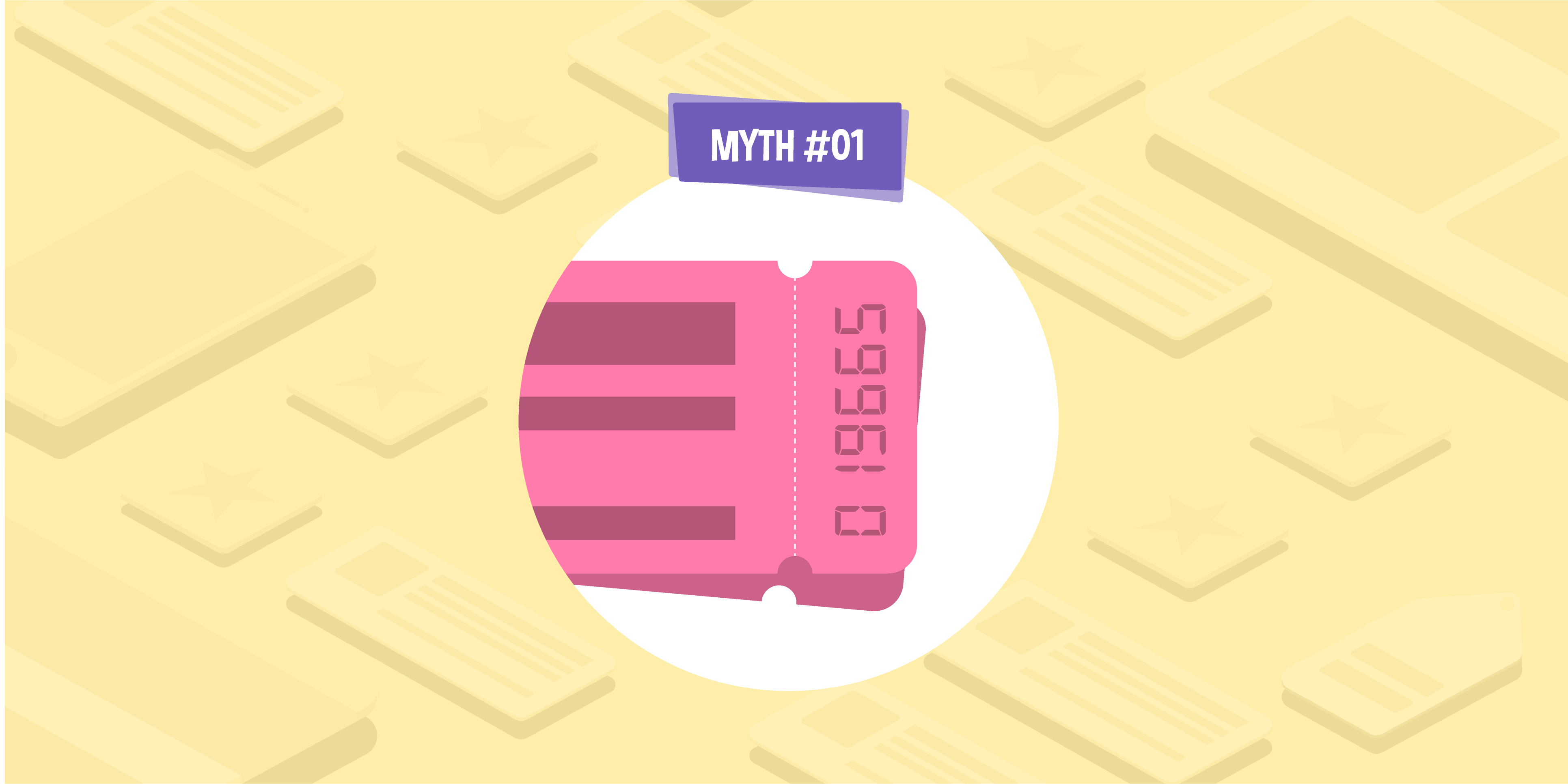
- 25 Jan 2017
- 4 Min read
Industry round-up: Google rolls out penalties for intrusive pop-ups & privacy search engine DuckDuckGo passes 10 billion milestone
The latest edition of our industry round-up will make sure you’re up to speed with the latest digital marketing news, which includes Google rolling out its penalty policy for mobile intrusive interstitials, Google’s new Android search app searching even when you lose connection, and privacy search engine DuckDuckGo hitting a new milestone.
Google rolls out penalties for intrusive ads
Google has confirmed that new penalties have been brought in for pop-ups that intrude on the user’s browsing experience when accessed from a search results page. These pop-ups, which are known as interstitials, often block content with requests or adverts before you can continue reading the page. The roll-out began on the 10 January 2017 and was confirmed by Google webmaster trend analysts John Mueller and Gary Illyes on Twitter.
@aroth26 @glenngabe @Marie_Haynes it’s rolling out. yay!
— John ☆.o(≧▽≦)o.☆ (@JohnMu) January 11, 2017
@schachin @JohnMu it’s rolling out, yes
— Gary Illyes ᕕ( ᐛ )ᕗ (@methode) January 10, 2017
On its webmaster blog in August 2016, Google outlined the steps it was going to take to make content more accessible for users of mobile devices. One of these measures is to penalise pages that obstruct content visited straight from a results page with interstitials.
The search giant said: “[P]ages where content is not easily accessible to a user on the transition from the mobile search results may not rank as highly.” This means that the penalties will only affect the first page accessed from a mobile results page that has an intrusive interstitial, and will not impact those that crop up as the user navigates to other pages within the site.
Google also outlined the types of interstitials that were going to be penalised, which include:
- Pop-up adverts that cover all of the content immediately after accessing the page or during the time spent browsing it.
- Standalone interstitials that have to be dismissed before browsing content.
- Page layouts that present the above-the-fold portion as an interstitial and hide content beneath it.
They also gave details about which types of interstitials that would not be penalised if they were used within reason:
- Interstitials that carry a legal purpose, like cookie disclaimers or requests for a user’s age.
- Log-in interstitials that appear when content is not publicly indexable, such as content behind a paywall.
- Page banners that leave a good amount of space around them and can be easily dismissed.
Google’s new Android search app keeps searching even when you lose connection
It can be frustrating when you move into an area with low phone signal and your browsing comes to an unexpected halt, but the new Google Android app has a solution that could make life easier.
In a recent blog post, the search giant announced that its newly developed app for Android devices will continue trying your search after you lose signal, and inform you when results are ready to view.
As searches are resubmitted once you regain signal, you can queue up your queries and easily access them once you get some bars.
Privacy search engine DuckDuckGo hits 10-billion searches milestone
DuckDuckGo, a privacy search engine that does not track any of its users’ queries, has revealed that it reached a milestone of an accumulative 10 billion searches in 2016. This figure stretches back to the launch of the website in September 2008.
In a blog post, founder Gabriel Weinberg said that 4 billion of those searches came in 2016 alone and that people were seeking ways to reduce their digital footprint. He cited a Pew Research study that found that 40% of people believe their search engine provider should not store information about their activity.
As well as not tracking its users’ queries, DuckDuckGo steers clear of personalised results, instead favouring results from crowdsourced websites like Wikipedia and from partnerships with other search engines like Yahoo! and Bing. This means that whoever the user is, they will always get the same results, even if they are in a different location or have browsed more websites since their last visit.
For more digital marketing insights, follow Glass Digital on social media. Connect with us on Facebook, Twitter, Google+, or LinkedIn.




